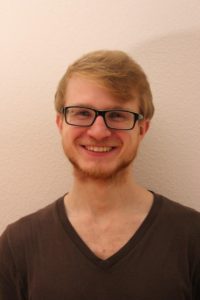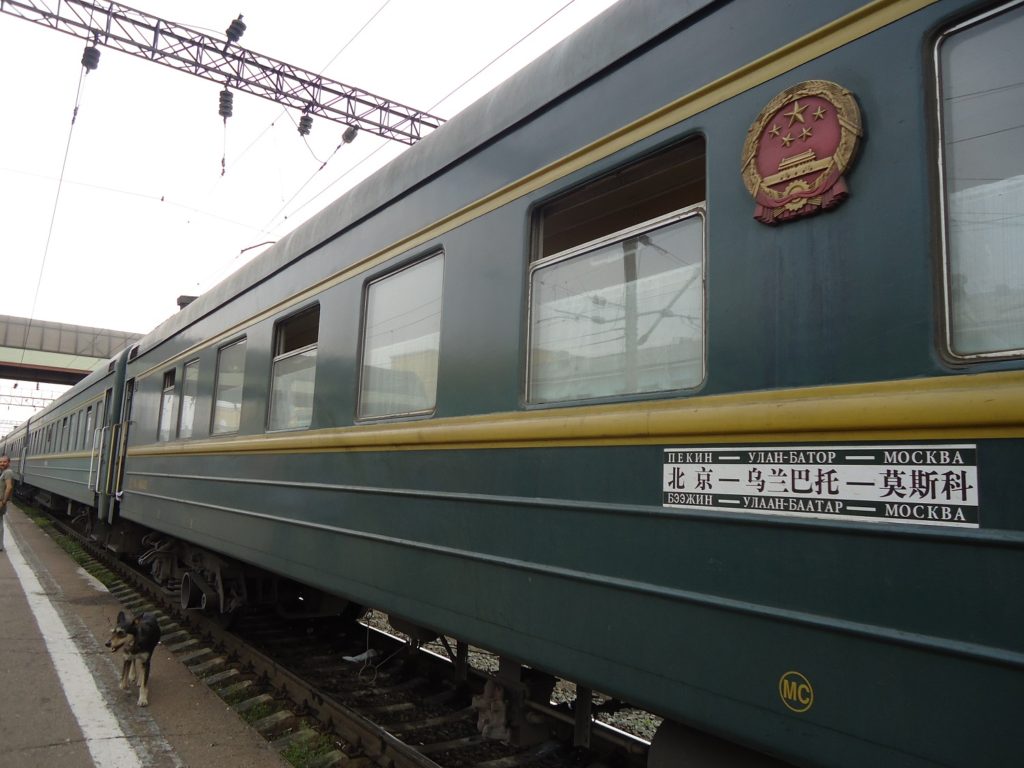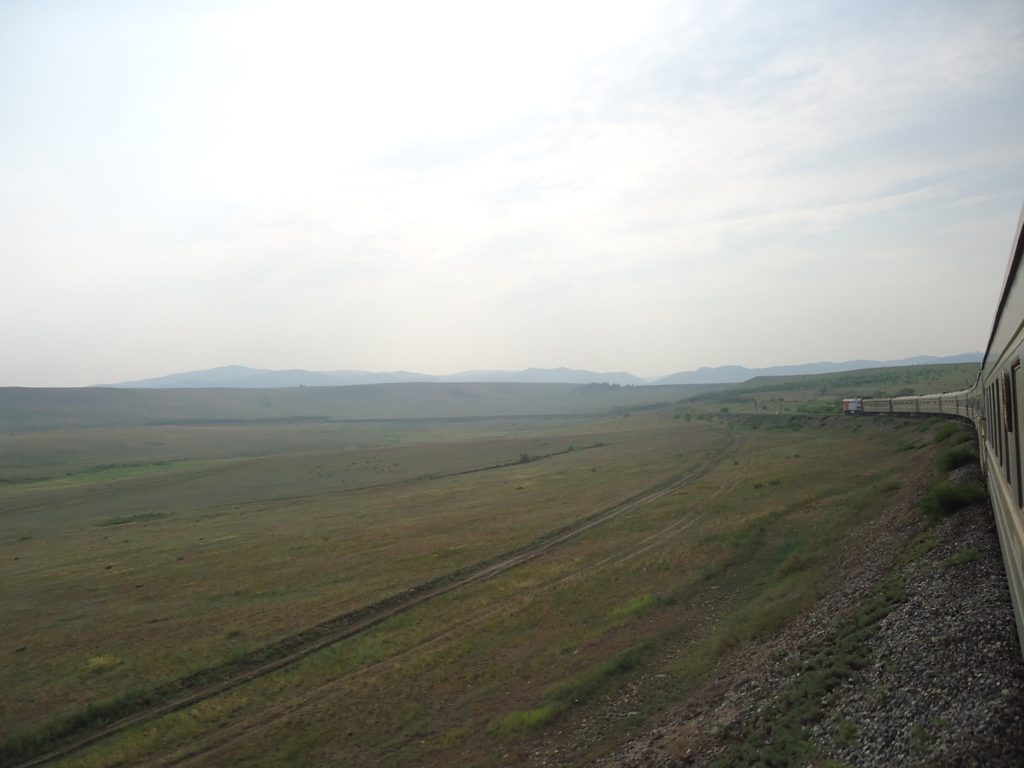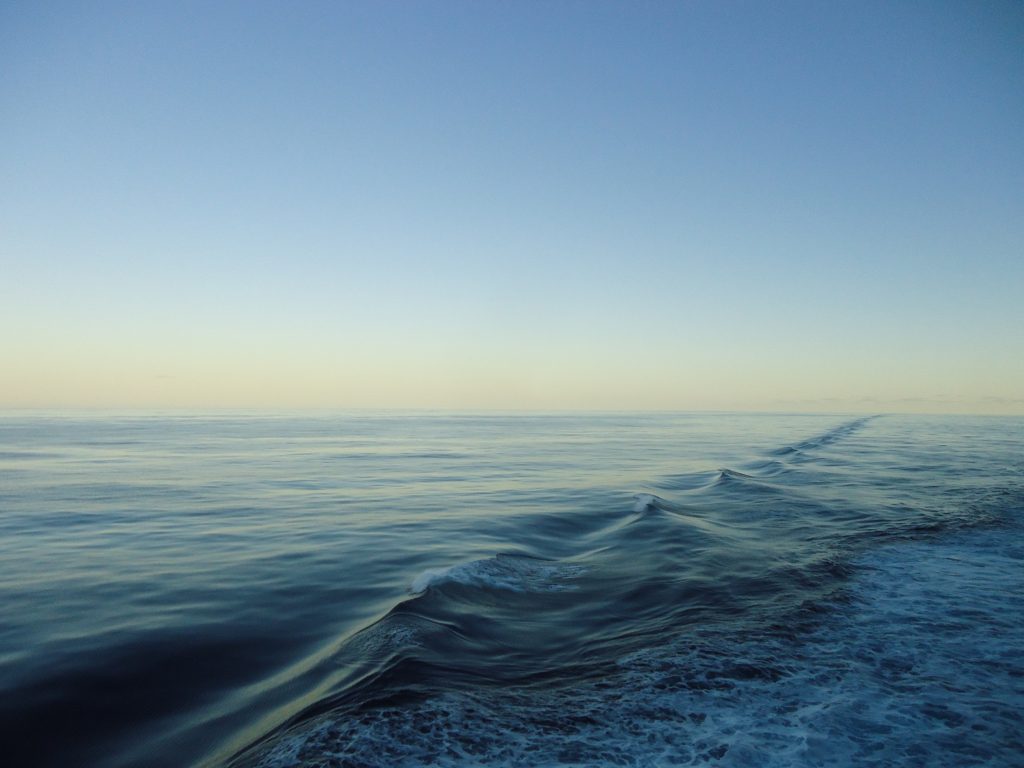Tremendous hurricanes are raging across the planet. Heatwaves, wildfires and droughts are spreading across Europe, the US and Australia. Huge rainfalls are flooding India and Nigeria. Man-made climate change is here. It will only become worse if we don’t radi-cally change paths. As students of environmental sciences at ETH we know all this. We have studied the data and researched the science. But what can an individual do when confronted with these facts? For the two of us, this question became critical when Giulia was asked to be the maid of honour for her best friend’s wedding. However there was an issue; the wedding was on the other side of the world, in Sydney, where the bride is from. So we asked ourselves whether we should book a plane, emit about five tonnes of carbon dioxide per person one way and contribute to the very problems described above - possibly not the most authentic action for prospective environmental scientists. Or should we simply buy a carbon offset? With substantial questions about their effective-ness and associated rebound effects, allowing for the continued high-emission lifestyle of a privileged few, we ruled that out. Should we then decline the invitation?
Grounded from Zurich to Sydney
by Giulia Fontana & Lorenz Keysser, 11.10.2018
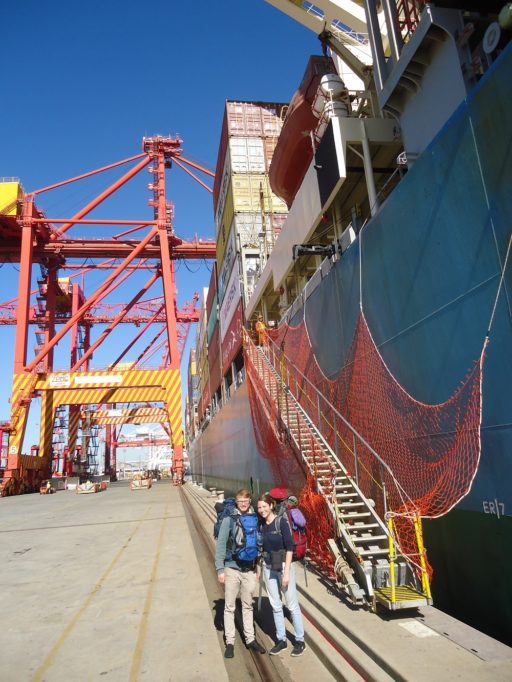
From China to Australia via cargo ship (photo credit: Giulia Fontana/Lorenz Keysser/ETH Zurich)
Without boarding a single plane, we travelled from Zurich to Sydney to send a message: we can no longer wait to reduce our emissions. Climate breakdown is here and by flying less, everyone can help to change our travel culture and spark wider societal change towards less, slower and better travelling.
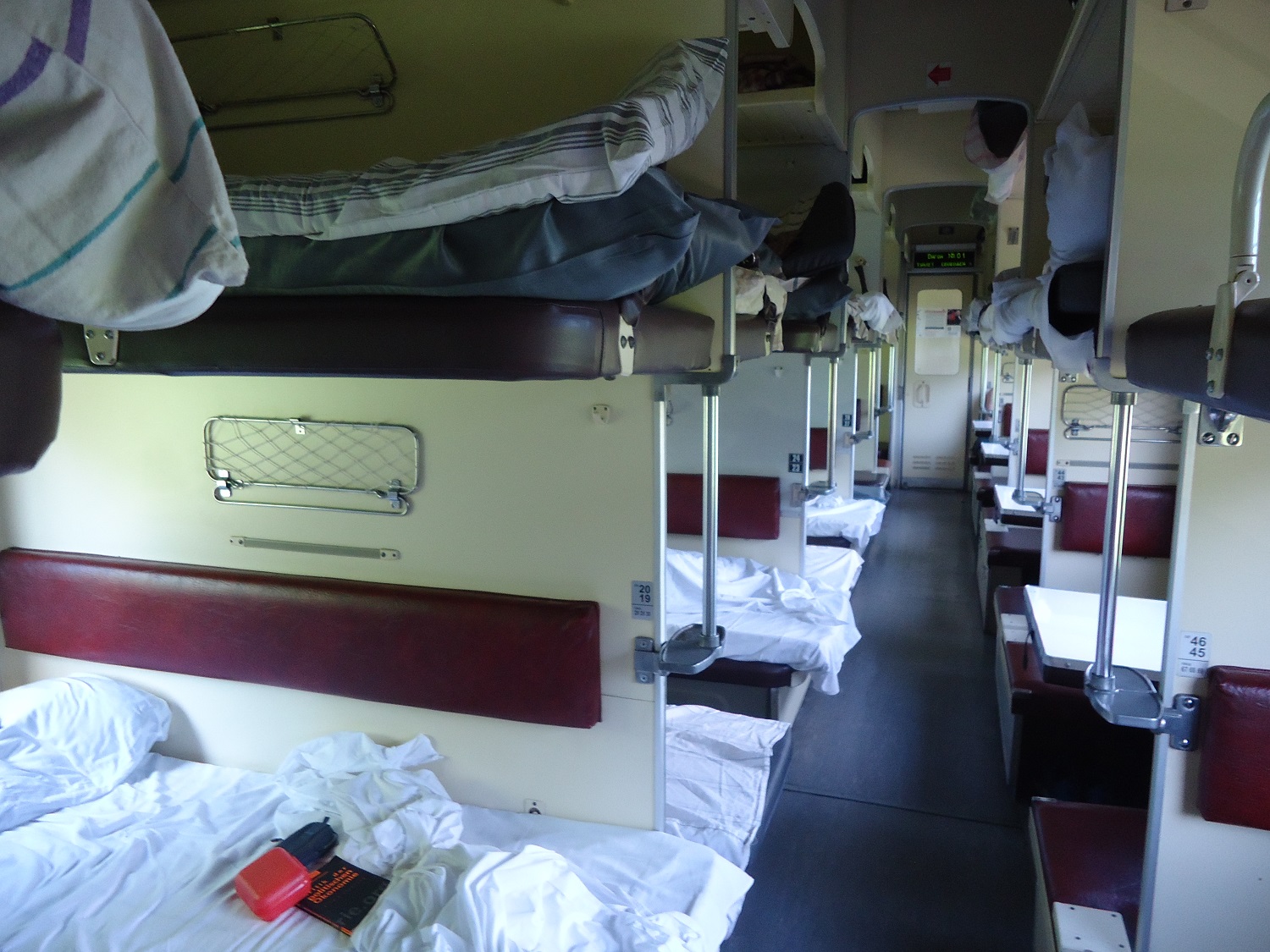
Four days in the third class of a Russian train (photo credit: Giulia Fontana/Lorenz Keysser/ETH Zurich)
It took us about six months of planning, but after 200 hours in trains through Russia, Mongolia and China, followed by 15 days at sea on a cargo ship, we finally arrived in Sydney. We had emitted about 370 kg of CO2 per person. And we had a great time. We enjoyed exploring all these countries by taking our time, meeting friendly people and experiencing mostly incremental, but sometimes sudden changes in landscapes, cultures and societies.
We are aware that as students at ETH Zurich we are in a privileged position to have the time to make such a journey. Clearly, in many jobs, including in academia, people still depend on frequent air travel. However, technological solutions for low-carbon flying are far from becoming reality. Therefore, systematic and cultural changes that reduce the need and possibility of frequent flying are necessary. Everyone can contribute to this change - by refusing to fly, discussing the problem, engaging in local and global initiatives as well as voting and staying informed.
With our journey, we want to make a statement: we can no longer wait to reduce our emissions. We have to start right now. This means asking difficult questions, challenging dominant paradigms and arriving at inconvenient conclusions. Out of this, positive change is starting to flourish all around us. Numerous academics and other members of the public are committing to fly less or stop altogether. ETH Zurich launched an unprecedented initiative to reduce its massive flight emissions. These first steps are crucial for sparking a wider societal system change. However, we are in a climate emergency that demands a radical departure from slow, incremental changes to business as usual. We not only need to move towards less, slower and better travelling, but towards a system that allows a good life for all.
More information (in German) about the journey:
Blick
Blick am Abend
Deutschlandfunk Nova
"Ohne Flugzeug um die Welt" by Giulia Fontana & Lorenz Keysser
About the authors
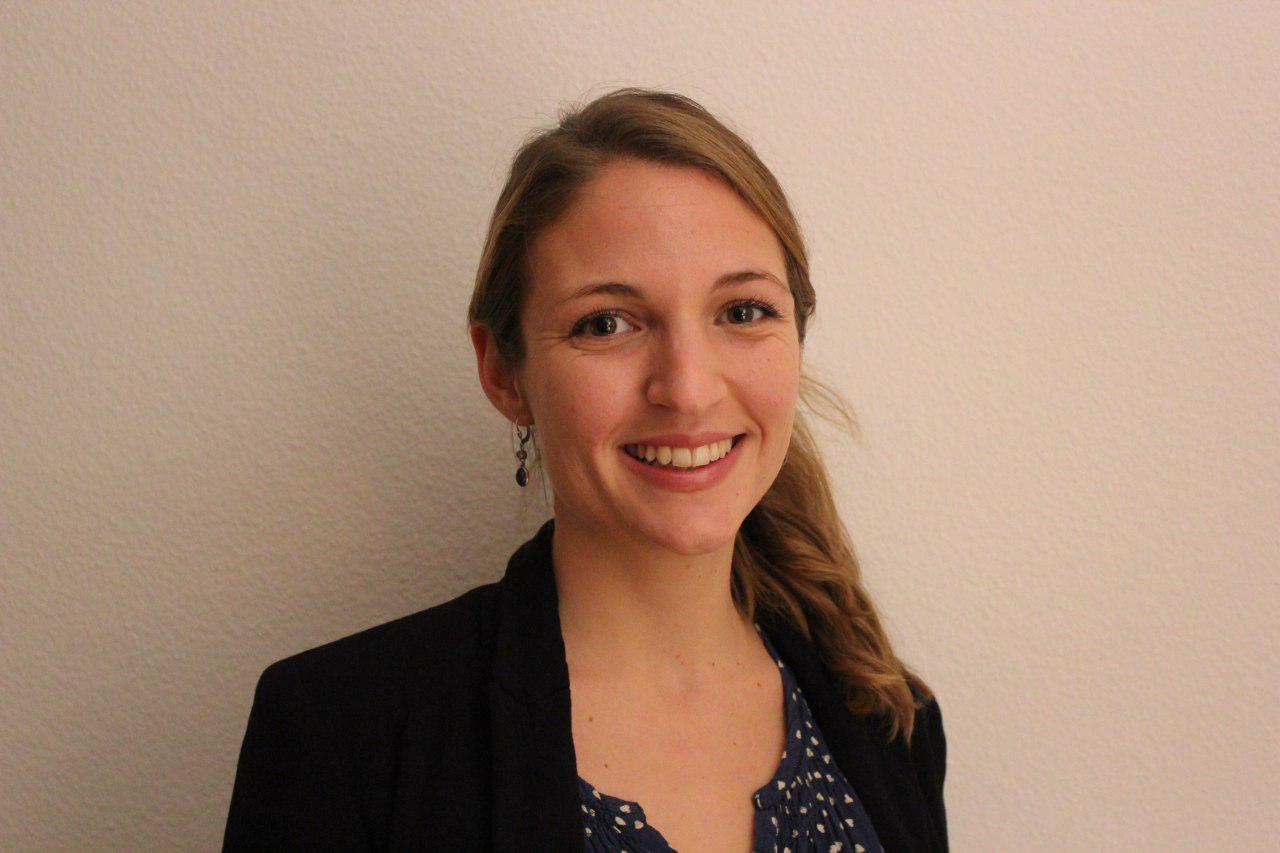
Giulia Fontana studies Environmental Sciences at ETH Zurich at master’s level. She is interested in the interface between science and society, as well as discussing and developing solutions to complex problems such as climate change. In addition to her studies she is and has been engaged in many volunteer projects, including the Nachhaltigkeitswoche Zurich and the Swiss Sustainability Week. In 2016, she decided to stop flying.
Lorenz Keysser is about to finish his Bachelor of Environmental Sciences at ETH Zurich. He is interested in climate change solutions and economic theories. During his studies he has engaged in many student projects that focus on environmental issues, including the VSETH Student Sustainability Commission, the Nachhaltigkeitswoche Zurich and Swiss Sustainability Week. He hasn’t flown since 2015.
